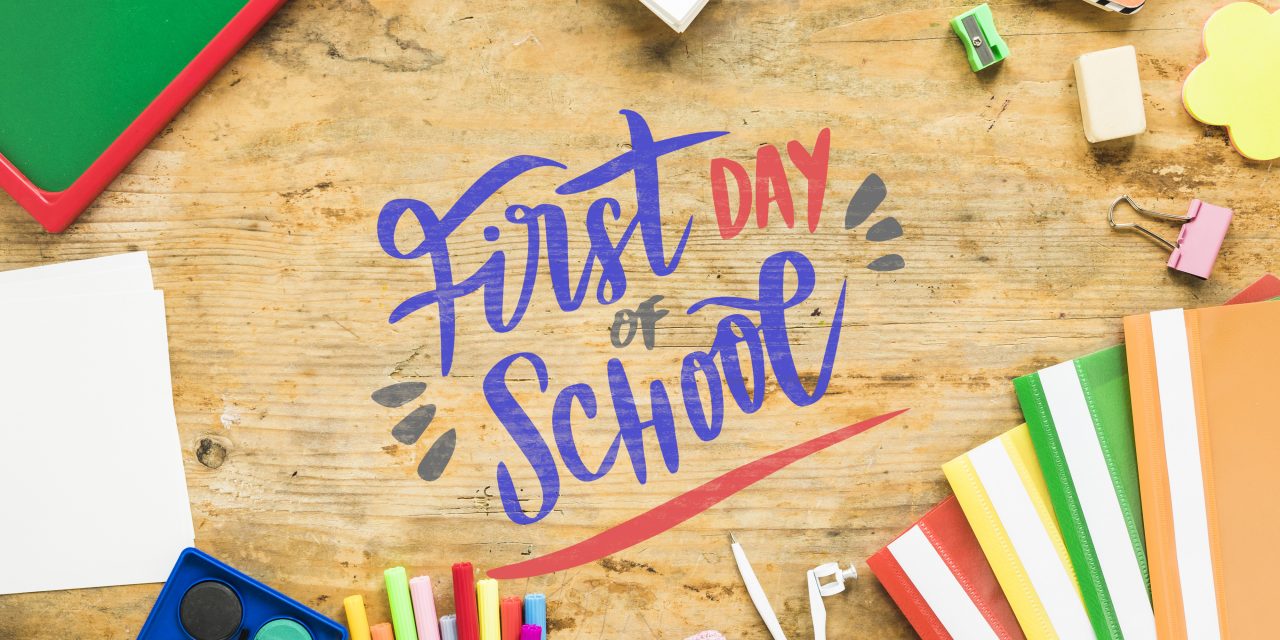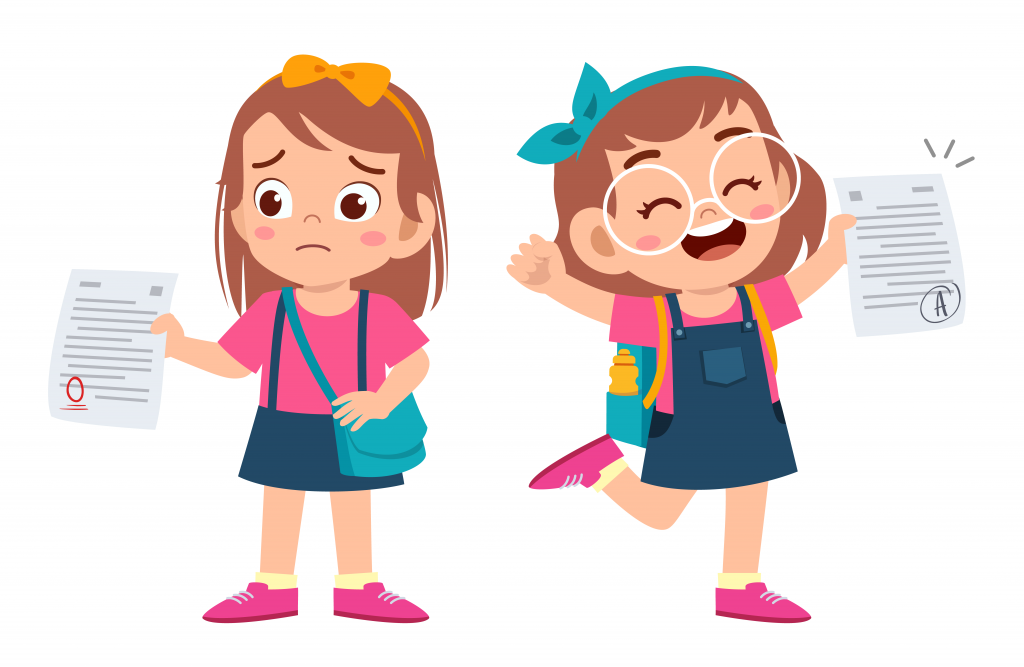Going to School for the first time or starting a new School represent some of the most important changes your child will face as they grow up. For many parents, sending their child off to preschool or kindergarten is an important milestone for both the parent and child as it may be their first step away from home or a transition to a new setting and friends.
For older kids, even the return to a familiar school after holidays has its excitements, pleasures, and anxieties. Some children accept and enjoy change more than others. But it’s not unusual for even the most “experienced” child to need some extra attention during the first days and weeks of school. Here are some tips for parents to support their child as they go to School for the first time or transition into a new School:

#1 Talk About School
Communication with your child is important regardless of how old they get and talking about the new school in a positive and supportive manner can help with the transition. You can talk about how the new school environment or classrooms will be like, encourage them to speak to teachers if they need any help, and go over the morning routine, from what to wear to their lunch money or packed lunch box arrangements.
Even after the first week of the new School, it is important to ask your child about how things are at School. If your child doesn’t want to talk about it or doesn’t feel like going to School anymore, don’t directly ask what went wrong but rather what happened in school. Try to be specific with your questions such as: “What are the names of your friends?”, “What is something new you learnt today?”, or “Who they sat with at lunchtime and what new games they played and liked most.”
No fear or joy is too little to be acknowledged. If your child mentions they were upset with someone at school, a boy or a girl being not very nice to them, talk it through and explain the boundary that they should be aware of and when to seek for teacher’s intervention. It is important to reassure your child that they can always go to you or your teachers to seek help when they need them.
#2 Expectations On Your Child
It is natural for parents to want the absolute best for their children and for them to be the best. Children can learn fast but when they are going to School for the first time or starting a new school, they first need to overcome their anxiety and familiarise with their new environment. It is important to set high expectations for your child and to support them in achieving them, however in the first few weeks, praise the small victories and steps forward and refrain from highlighting areas they have yet to achieve.
Also, be mindful for tell-tale signs that your child is feeling stressed or uncomfortable. Stress even for young children is normal during such major transitions and change. Most of the time, your child will resolve them on their own but it’s important to acknowledge it and monitor them, because prolonged stress in young children can prevent both brain development and physical growth.

#3 School Sleep Routine
Children aged 3-5 years old are advised to sleep around 10 to 13 hours daily, whereas school-aged kids from 6 to 12 years old are recommended to get at least 7 to 11 hours of sleep daily. It is normal for your child’s sleep pattern or routine to be different before School starts. You can ease the transition by starting the school sleep routine around one or two weeks before the 1st day of School. Allowing children to get use to the routine changes in good time will help them rest well so that they can function better in School and be a lot happier in the morning.

#4 School Shopping Together
Back-to-school shopping tends to be popular activity for little kids as well as big, hence it is a great way to get your child to be more positive and excited about starting a new school. Shopping for school clothes, backpack, and stationery items together is not only an opportunity for bonding time but it also will inculcate a sense of responsibility for themselves and their belongings. If you’re looking for School backpacks, check out our guide on choosing the right school backpack here.

#5 Teachers As Resources
On the first day or in the first week, try to introduce yourself and your child personally to the class or homeroom teacher. It is important to develop a good relationship with your children’s teachers, because they will be the role models for your children and your main point of contact in school. If possible, try to have a brief conversation about your child’s likes and interest, or highlight if your child has medical conditions such as allergies which may help the teacher get to know your child better. This can ease your child through the awkwardness of getting to know a new teacher and establish trust so that they feel comfortable to reach out to the teacher when they have a need.









